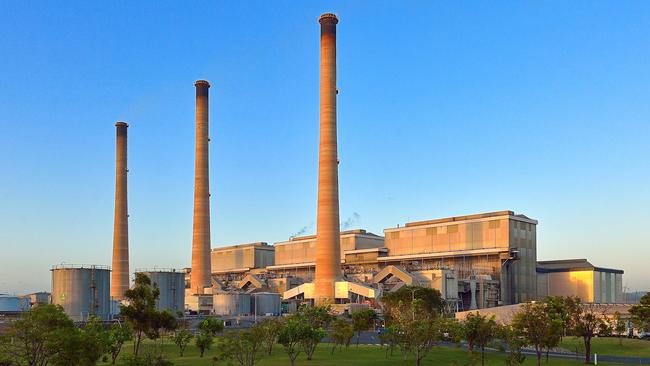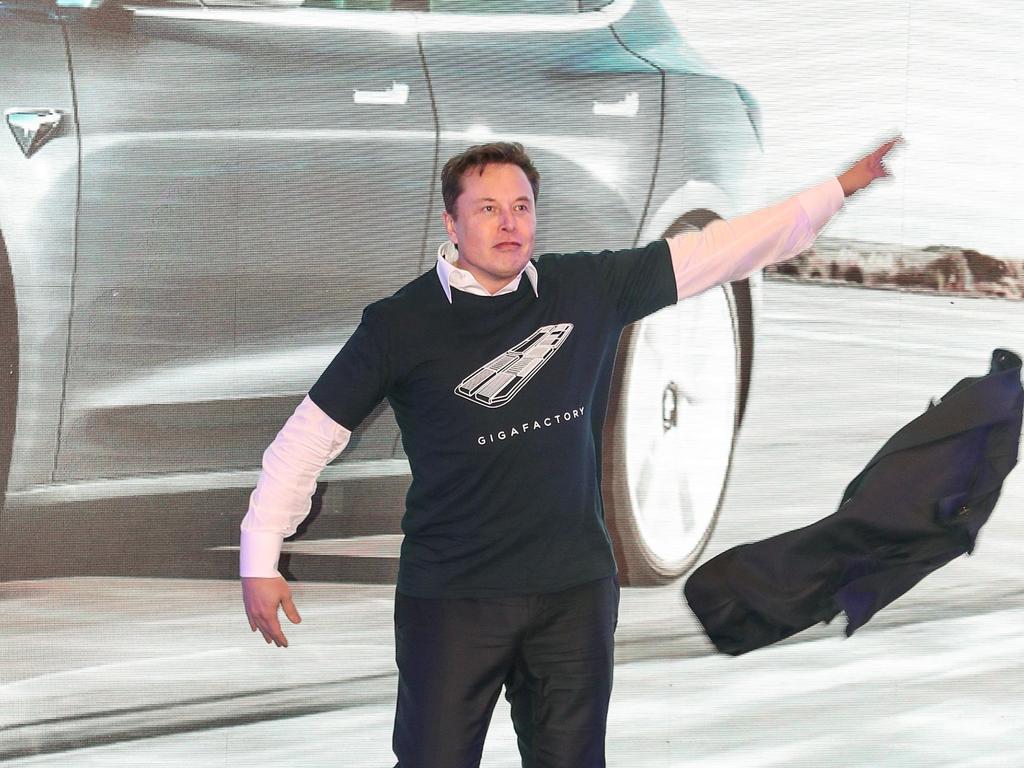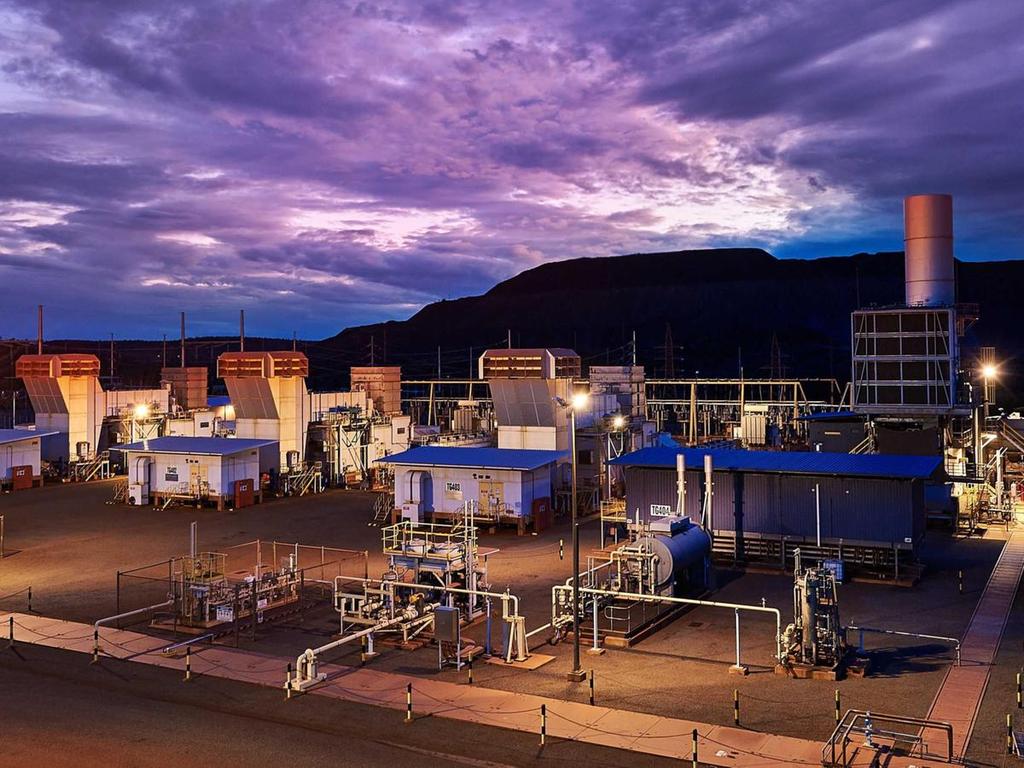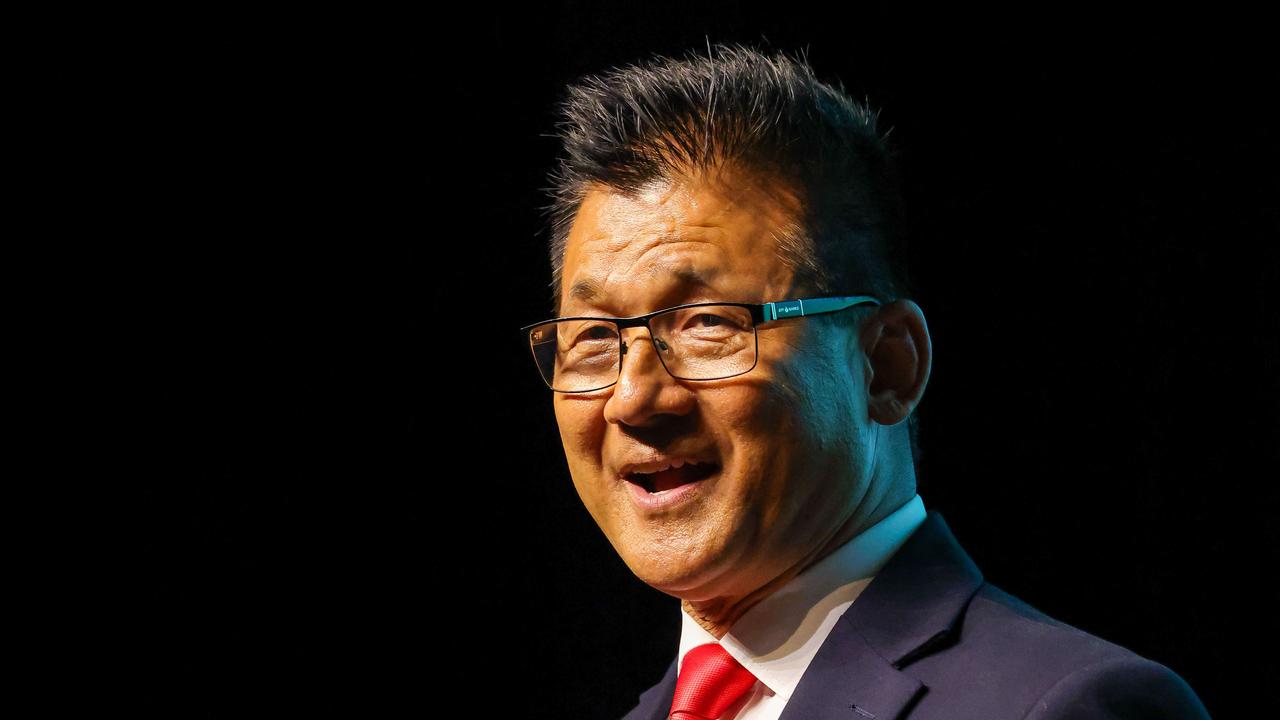$1bn win for coal generators in bid to cut energy costs
Anthony Albanese will pay coal generators between $750m and $1bn in rebates under his market intervention which capped the price of coal used for electricity at $125 a tonne.

Anthony Albanese will pay coal generators between $750m and $1bn in rebates under his market intervention which capped the price of coal used for electricity at $125 a tonne, according to new estimates produced by the Department of Climate Change and Energy.
A submission by the department to a parliamentary inquiry on cost of living has revealed the combined fiscal cost of the coal generator rebates to the commonwealth, NSW and Queensland governments would be “in the order of $1.5bn to $2bn, with the commonwealth paying a 50 per cent share”.
The submission to the select committee on the cost of living, obtained by The Weekend Australian, also said the benefit of the gas and coal caps introduced by Labor for both households and businesses was estimated to be about $4.7bn by June 30, 2024.
“The combined fiscal cost to the commonwealth, NSW and Queensland governments of the coal generator rebates (for existing coal supply contracts and reasonable coal supply costs in excess of $125 per tonne) is subject to the finalisation of state schemes and market prices,” the submission says.
“It is currently estimated to be in the order of $1.5bn to $2bn.
“Taken together, this means that every dollar of commonwealth support provided to deliver gas and coal price caps is estimated to deliver over $5 of benefits to consumers.”
If the estimates on the coal rebates prove accurate, it means that payments to generators would end up being about two-thirds the size of the overall targeted cost-of-living relief promised to Australian households and small businesses by Mr Albanese in December.
Targeted bill relief was a key part of the package unveiled by the Prime Minister, with the commonwealth committing $1.5bn to assist business and households, conditional on matching contributions being made from state and territory governments over and above their regular rebate schemes.
At the time, Mr Albanese said that “extraordinary times call for extraordinary measures”, but later downplayed reports that the Rio Tinto owned power station in Gladstone could receive up to $450m in compensation under his price cap scheme.
Labor’s energy market intervention was triggered in December by the need to shield Australians from rising electricity prices, which were forecast in the October budget to increase by about 20 per cent over 2022-23 followed by a further 36 per cent rise in 2023-24.
Retail gas prices were also forecast to increase by up to 20 per cent in both 2022-23 and 2023-24.
The government responded by imposing a price ceiling on new domestic wholesale gas contracts by east coast producers at $12 per gigajoule.
It also imposed a cap on the price of coal used for electricity generation to $125 a tonne, “with the commonwealth to contribute to costs”.
Mr Albanese confirmed at the time that the commonwealth would provide additional financial support in cases where the costs of production exceeded the cost of supply under the new cap.
“What we have said is that where the price of production is more than the cap, then there will be some support offered,” he said in late December.
But he dismissed reports that the compensation under the coal price cap could rise into the hundreds of millions, saying that the government expected it would be “nothing like the sort of figures” in the newspapers.
The government’s energy package was sold as reducing the impact of forecast electricity price increases in 2023-24, preventing a $230 increase in the power bills for the average Australian household.
But some Coalition MPs attacked the amount of funds going towards the compensation of coal generators.
Nationals senator and former resources minister Matt Canavan said that the Labor policy was the “most expensive band aid in history”.
“This outrageous subsidy only gives us relief for a year, whereas we could basically build a new coal power station for $2bn and provide cheap power for a generation,” he said.
The Greens have also been scathing of the payments to coal companies that can be made under the price cap package and struck a deal with Mr Albanese to pass his energy package through the parliament last year. Under the agreement secured by Greens leader Adam Bandt, Energy Minister Chris Bowen will need to develop a package around the electrification of households to help them transition away from gas – another measure that could impose a significant cost on government.
Mr Bandt said he wanted the government to subsidise the transition and “chip in and do it and make it zero cost for the householder and the business.”
Labor has estimated coal and gas price caps are expected to dampen the forecast wholesale electricity price increase in 2023-24 by around a third.








To join the conversation, please log in. Don't have an account? Register
Join the conversation, you are commenting as Logout